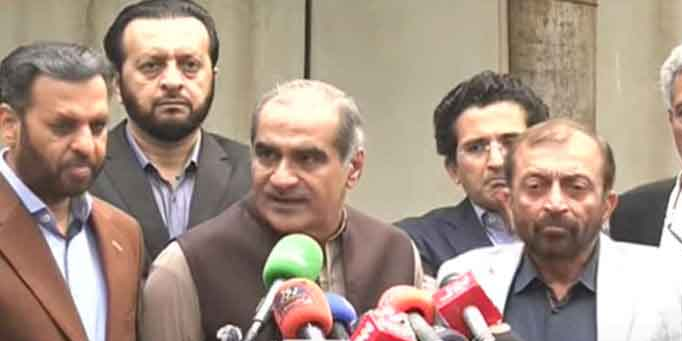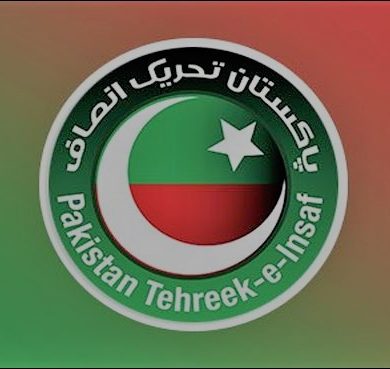Pakistan’s electoral landscape on Tuesday witnessed a significant development as the two major political parties—Pakistan Muslim League-Nawaz (PML-N) and Muttahida Qaumi Movement-Pakistan (MQM-P) have announced electoral alliance for the upcoming general elections slated for February 8 next year.
The decision was jointly announced by the leaders of these parties while talking to the media after a pivotal meeting between a delegation from MQM-P, led by prominent members Khalid Maqbool Siddiqui, Farooq Sattar, and Syed Mustafa Kamal, and PML-N’s leader Nawaz Sharif at the party’s Model Town secretariat in Lahore.
Senior PML-N leader Khawaja Saad Rafique confirmed the collaboration, stating, “It has been agreed that both parties will contest the February 8 polls jointly.”
Both parties have committed to formulating a collaborative strategy aimed at resolving Pakistan’s current crises and revitalizing the nation’s development efforts.
They have also agreed to establish a six-member committee tasked with creating a comprehensive charter to address the challenges faced by Sindh province, particularly its urban areas.
This committee will present its final proposals for cooperation between the two parties to the leadership within the next 10 days, as outlined in a statement issued by PML-N after the meeting.
As the general elections draw near, tensions between PML-N and the Pakistan Peoples Party (PPP) have escalated, with the latter expressing concerns about uneven playing field.
The PPP, led by Bilawal Bhutto, has accused PML-N of denying a level playing field and has openly discussed the possibility of forming alliances with other political parties, including the Pakistan Tehreek-e-Insaf (PTI), against the Nawaz-led party.
Addressing the nation’s political and economic challenges, Farooq Sattar emphasized the necessity of broader cooperation among parties.
He stressed that no single party possesses the capability to navigate the country out of its current crises independently. Sattar also highlighted the significance of Karachi, a city responsible for generating 60% of the nation’s revenue. He underscored the need for a national consensus to address Karachi’s myriad issues.



